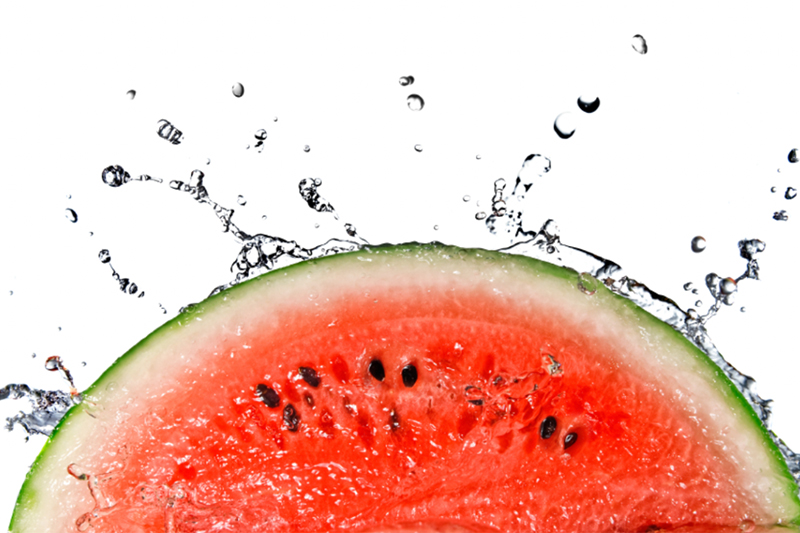- Reduce cancer risk
Lycopene in watermelon can reduce inflammation and oxidative stress due to free radicals fighting the body. Chronic inflammation tends to increase our risk of certain diseases, including cancer.
Lycopene has the potential to reduce inflammation and stop cancer cells from growing, thereby reducing the risk of these diseases. Increasing your intake of lycopene may reduce your risk of gastrointestinal and prostate cancer.
- Reduce heart disease risk
Eating foods that contain lycopene may reduce the risk of heart disease and stroke. Watermelon is rich in an amino acid called citrulline, L-citrulline and L-arginine—two of the antioxidants in watermelon—that improve arterial function and help lower blood pressure. - Protect the joints
Watermelon also contains a natural pigment called beta carotene, which protects joints from inflammation. Some studies suggest that eating watermelon for extended periods of time may reduce the likelihood of developing rheumatoid arthritis. - Protect your eyes
A medium-sized piece of watermelon can provide us with 9-11% of our daily vitamin A needs. Vitamin A is one of the keys to keeping your eyes healthy. - Hydrate
80% of the water in the human body comes from what we drink, Baby Bibs and 20% comes from what we eat. Among these 20%, watermelon is definitely a good helper for water intake. Watermelon is 92 percent water in it, and eating one serving a day is an easy way to help keep you hydrated. - Helps lose weight
Watermelon is a naturally low-calorie fruit. 100 grams of watermelon has about 30 calories and provides you with 13% of your daily value for vitamin C along with small amounts of calcium, iron, magnesium, potassium and vitamin A.
Compared with the same weight of rice, 100 grams of rice has about 130 calories, while watermelon has only 30 calories.
Eating watermelon In order to prevent your baby from getting his clothes dirty, you can choose a bib for your baby, please click the link below for details:

